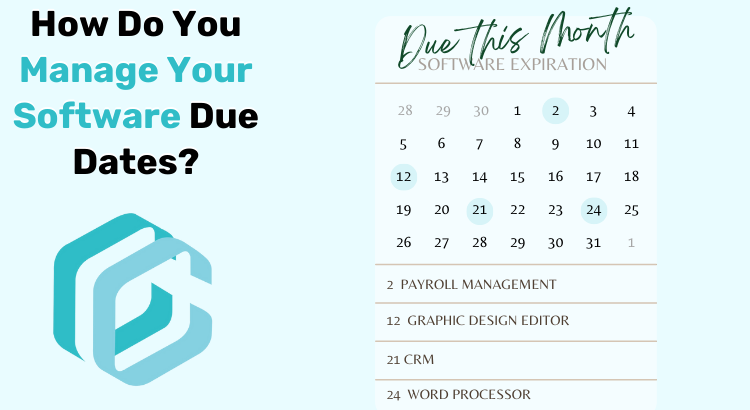Payroll software, graphic design software, Microsoft Suite solutions- the number of licenses your organization uses are aplenty! Keeping track of software due dates is crucial for businesses and organizations to ensure the seamless operation of their digital infrastructure. One key aspect of achieving this is through effective Software License Management (SLM). In this blog, we […]
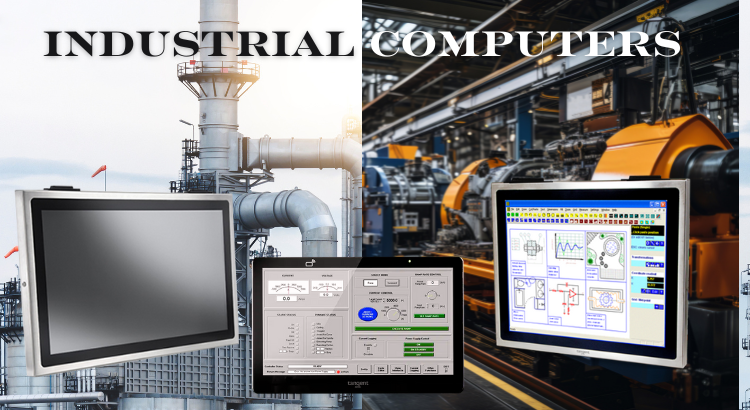
Industrial PCs built for 24/7 Durability
In the fast-paced world of industrial automation, where precision and reliability are paramount, the choice of the right tools and equipment can make all the difference. Industrial PCs have emerged as essential components in this landscape, serving as the digital workhorses that keep critical operations running smoothly. Among these, industrial PCs designed for 24/7 durability […]

GMAIL AND YAHOO DMARC Requirements
On October 3, 2023, Google and Yahoo announced requirements beginning February 2024 that bulk senders must have DMARC in place . This information outlines the changes that bulk senders need to make in order to comply with the new DMARC policies set by Google and Yahoo. Here’s a summary of the key points: Affected Parties: If you send 5,000 messages a […]

What is SaaS License Mangement?
SaaS license management, a component of software asset management (SAM), specifically addresses cloud-based applications and services. With contemporary business heavily reliant on the cloud, there is an increased need for improved tracking and management options for both new and established SaaS products. SaaS management emerges as the solution to meet this demand, offering comprehensive tools […]
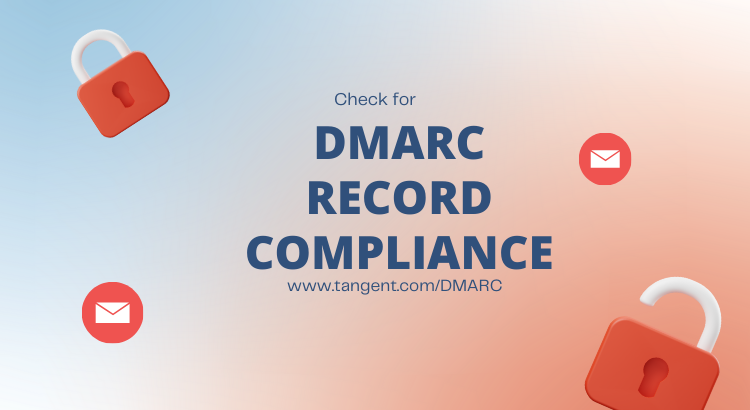
How Do I Check My DMARC Compliance?
Commencing DMARC implementation involves publishing a valid DMARC record. DMARC Director’s DMARC Record Checker is a diagnostic tool enabling you to view and validate the DMARC record for a domain. As of February 2024, Yahoo and Google will enforce new DMARC requirements for high-volume senders. To assist in preparation, we’ve crafted a guide ensuring your […]

What are the Uses for Industrial Panel PCs?
In the fast-paced world of industrial automation, where precision and efficiency are paramount, the role of Industrial Panel PCs has become increasingly indispensable. These rugged computing solutions offer a versatile range of applications across various industries, revolutionizing the way we control and monitor complex processes. In this blog, we will delve into the diverse uses […]

What are the strengths and limitations of computers in Medicine?
The National Library of Medicine, has a publication titled, “APPLICATION OF COMPUTER TECHNIQUES IN MEDICINE”. The article mentions the several applications and limitations of computers. Medical computers have become vital tools in the field of medicine, greatly impacting patient care, research, and healthcare administration. However, like any technology, they come with strengths and limitations. Strengths: […]

How do I set up DMARC for free?
Setting up DMARC (Domain-based Message Authentication, Reporting, and Conformance) for free typically involves several steps, and while DMARC implementation is typically not entirely free due to some infrastructure requirements, you can achieve basic DMARC protection without incurring extra costs. Here’s a simplified guide to help you get started: 1. Create a DMARC Record: Access your […]
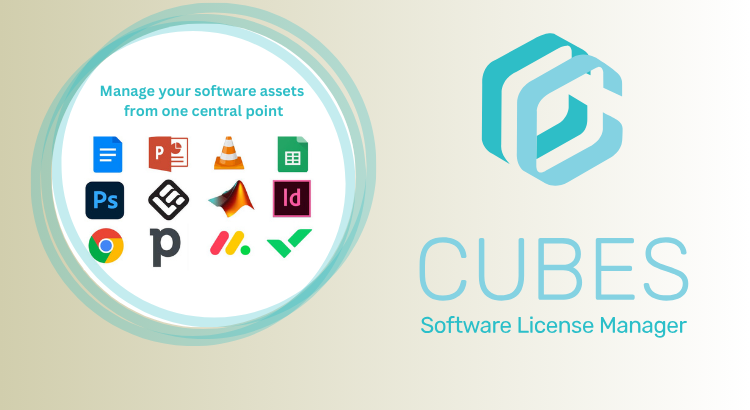
What is software asset management (SAM)?
Software Asset Management (SAM) is a strategic business practice that encompasses the efficient management of an organization’s software resources throughout their lifecycle. This comprehensive approach involves the acquisition, deployment, maintenance, utilization, and responsible disposal of software applications. In line with ITIL (Information Technology Infrastructure Library) standards, SAM is defined as the orchestration of infrastructure and […]
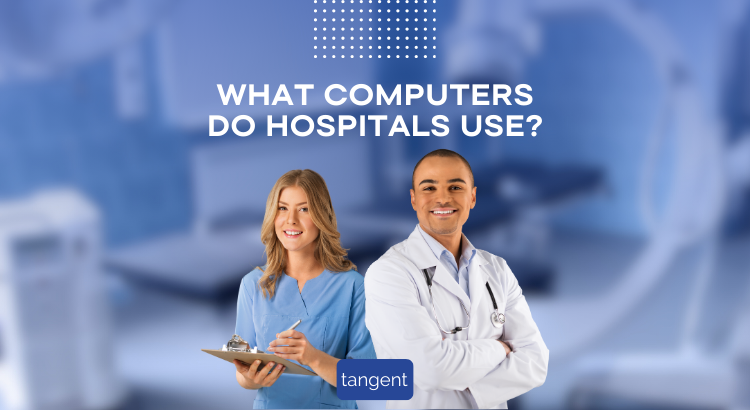
What Computers Do Most Hospitals Use?
Most hospitals use a variety of computer systems and devices to support their operations and provide healthcare services. The specific types of computers and systems used can vary depending on the hospital’s size, budget, and specific needs. Here are some of the common types of computers and systems used in hospitals: Electronic Health Record (EHR) […]
